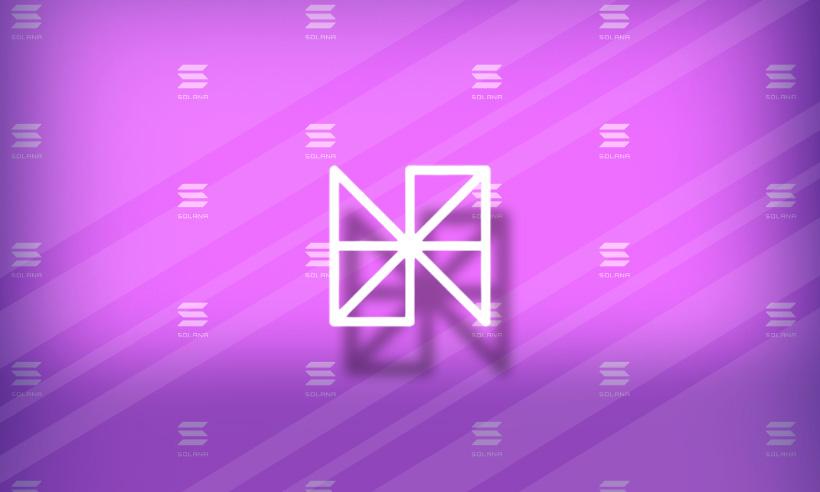Neon Labs Intends to Enable EVM on Solana in Early December
Table of contents
The solution, which goes by the name of Neon EVM, intends to support the Ethereum Virtual Machine (EVM), a tool enabling programmers to build Ethereum applications on top of Solana. EVM has gained popularity as the most extensively used computing standard for creating smart contracts during the past few years.
Neon EVM On Solana
Neon's implementation will be a Solana-based smart contract platform that enables the deployment of Ethereum-based apps, which has not previously been available on the network. The smart contract framework that Solana currently uses is not EVM-compatible. Therefore, it is not viable to create Ethereum applications on Solana. Neon intends to alter that by leveraging the computational layer and development tools existing on Ethereum, hence lowering the barrier to entry for Ethereum developers interested in expanding to Solana.
According to Marina Guryeva, CEO and founder of Neon Labs, for the first time, Ethereum-based companies may leverage Solana's user base and liquidity without converting their code to Rust. Solana users will now be able to take advantage of improved user experiences without giving up access to Ethereum's tried-and-true dApps.

